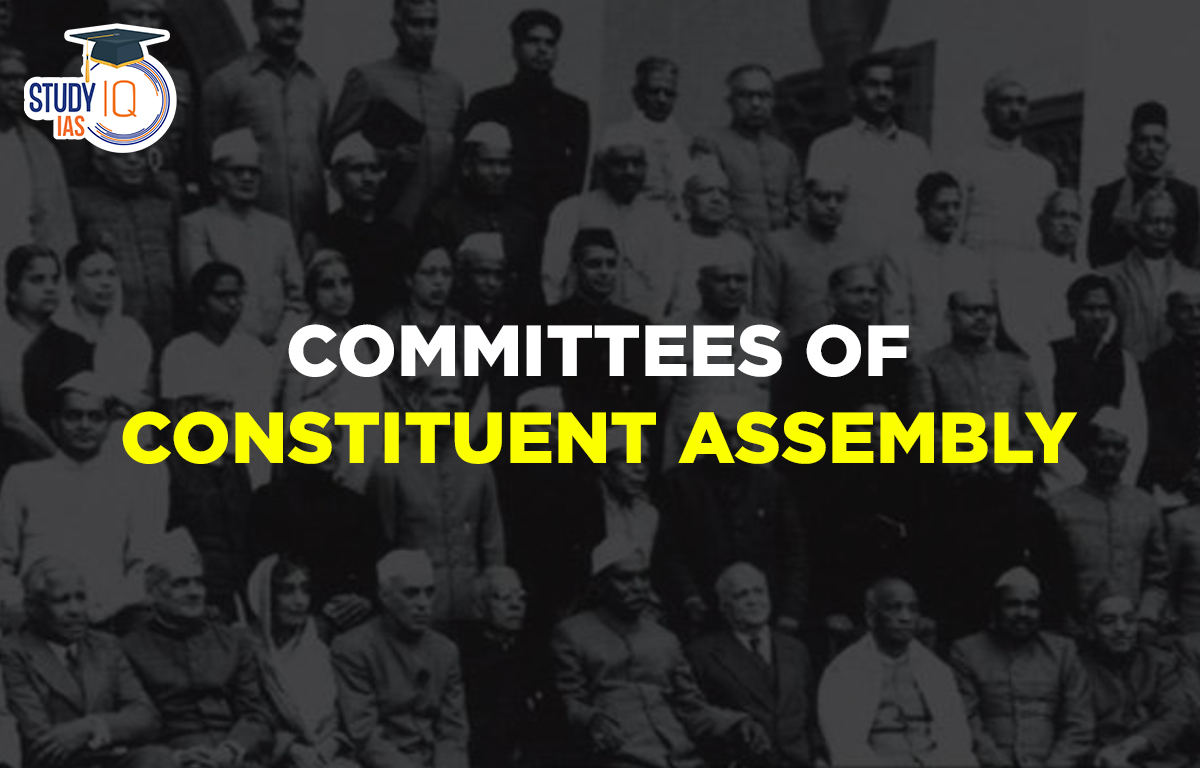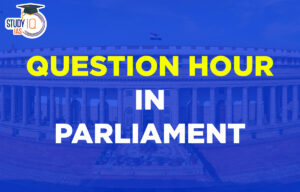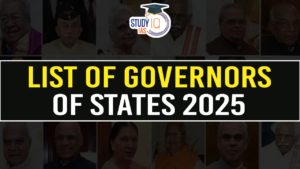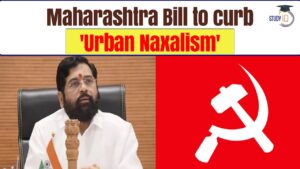Table of Contents
The Constituent Assembly was established under the Cabinet Mission Plan, which proposed that members be elected by recently elected provincial assemblies instead of using a universal adult franchise.
A total of 292 members were elected from the Provincial Assemblies, while 93 members came from Princely States and 4 from Chief Commissioner provinces. Seats were allocated based on population to ensure representation for different communities. Before the partition of India and Pakistan, the Assembly had 389 members, but this number dropped to 299 after the partition. The Assembly held its first meeting on December 9, 1946, with Dr. Sachchidananda Sinha as interim president. Dr. Rajendra Prasad was elected as the president on December 11, 1946, with Harendra Coomar Mookerjee as vice president.
Committees of Constituent Assembly
The Constituent Assembly had 22 committees focused on different aspects of creating the Constitution. Among these, 8 were the main committees, while the rest were smaller support committees. Of the 22, 10 dealt with procedural matters and 12 focused on substantive issues.
Read More: Constitution of India
Head of Constituent Assembly
Dr Sachidanand Sinha was the first temporary head (President) of the Constituent Assembly. Later, Dr Rajendra Prasad was elected its head (President). The Committees of the Constituent Assembly were divided into 8 major and 14 minor committees.
Read More: Salient Features of Constitution of India
Committees of Constituent Assembly
| Drafting committee |
| Chairman : Dr. BR Ambedkar
Members:
|
| The committees of Procedural affairs include: |
|
| The committees of substantive affairs include |
|
| Major Committees of the Indian Constituent Assembly | Chairmen |
| Ad hoc Committee on the National flag | Rajendra Prasad |
| Advisory Committee on Fundamental Rights, | Vallabhbhai Patel |
| Committee on the Functions of the Constituent Assembly | G.V. Mavalankar |
| Committee on Minorities and Tribal and Excluded Areas | Vallabhbhai Patel |
| Committee on the Rules of Procedure | Rajendra Prasad |
| Special Committee to Examine the Draft Constitution | Alladi Krishnaswami Ayyar |
| Provincial Constitution Committee | Vallabhbhai Patel |
| Drafting Committee | B.R. Ambedkar |
| Excluded and Partially Excluded Areas Sub-Committee | A.V. Thakkar |
| Finance and Staff Committee | Rajendra Prasad |
| Fundamental Rights Sub-Committee | J.B. Kripalani |
| House Committee | B. Pattabhi Sitaramayya |
| Minorities Sub-Committee | H.C. Mukherjee |
| North-East Frontier Tribal Areas and Assam, Excluded and Partially Excluded Areas Sub-Committee | Gopinath Bardoloi |
| Order of Business Committee | K.M. Munshi |
| States Committee | Jawaharlal Nehru |
| Steering Committee | Rajendra Prasad |
| Union Constitution Committee | Jawaharlal Nehru |
| Union power Committee | Jawaharlal Nehru |
Language Committee of the Constituent Assembly
Debate on the Language of the Constituent Assembly: Constituent Assembly was constituted by the British in 1946 to solve political problems and to draft a Constitution for India. The language of the Assembly from the very first became a question of controversy as some of the members favoured Hindi while some favoured Hindustani. But there were some members who were in favour of English.
The Language Committee, led by Moturi Satyanarayana, recommended that Hindi in Devanagari script be the official language of India. They proposed a gradual transition to Hindi, allowing English to be used for official purposes for the first fifteen years. Each province could also choose one regional language.
Women in the Constituent Assembly
Women played an essential role in framing the Indian Constitution. There were 15 women members who contributed towards bringing in the Constitution of independent India. The notable contributions of each of these 15 personalities are:
| Women Leaders | Important Facts |
| Shrimati Ammu Swaminathan | She had put forth that the two stable pillars on which the Indian Constitution rests are the Fundamental Rights, and the Directive Principles of State Policy. |
| Shrimati Annie Mascarene’s | Worked on the select committee on the Hindu code bill. She also helped Sardar Patel for unifying India |
| Begum Aizaz Rasul | She was the only Muslim woman member of the assembly. |
| Shrimati Dakshayani Velayudan | She was the first women SC graduate of India and she also advocated for the rights of scheduled caste in the assembly |
| Shrimati G. Durgabai | She was the only woman on the panel of chairman of the constituent assembly. |
| Shrimati Hansa Mehta | She highlighted the need for social, economic and political freedom for women. She also has contributed to the UN’s Universal Declaration of Human Rights. |
| Shrimati Purnima Banerji | She forwarded her views on the State’s Control over Religious Instruction in Schools. She also wanted the word sovereign to be dropped from the preamble. |
| Shrimati Renuka Ray | She worked on the Hindu code bill and included divorce rights. She majorly on the equality status of women. |
| Shrimati Sarojini Naidu | She was the governor of the United Province till her death in 1949. |
| Shrimati Sucheta Kripalani | She was a member of the sub-committee that drafted the constitution. She also became the first women chief minister (UP). |
| Shrimati Vijayalakshmi Pandit | She became a diplomat and was the first woman ambassador (USSR). |
| Rajkumari Amrit Kaur | She was the first woman of independent India to join the Cabinet in the position of Health Minister. founded the Indian Council for Child Welfare followed by the All-India Institute of Medical Sciences (AIIMS) and Lady Irwin College in Delhi. |
| Shrimati Malati Chowdhury | She emphasises the role of education in the development of a nation. |
| Shrimati Leela Ray | She worked for the Hindi-Muslim amity in Noakhali. Founded the Jatiya Mahila Sanghati, and Dacca Mahila Satyagraha Sangha that worked towards women empowerment, and the anti-salt tax movement respectively. |
| Shrimati Kamla Chaudhri | She was part of the first JL Nehru government and significantly worked towards women’s education and empowerment. |


 Question Hour in Parliament: Meaning, Ty...
Question Hour in Parliament: Meaning, Ty...
 List of Governor of States in India, Con...
List of Governor of States in India, Con...
 Maharashtra Bill to Curb Urban Naxalism,...
Maharashtra Bill to Curb Urban Naxalism,...





















